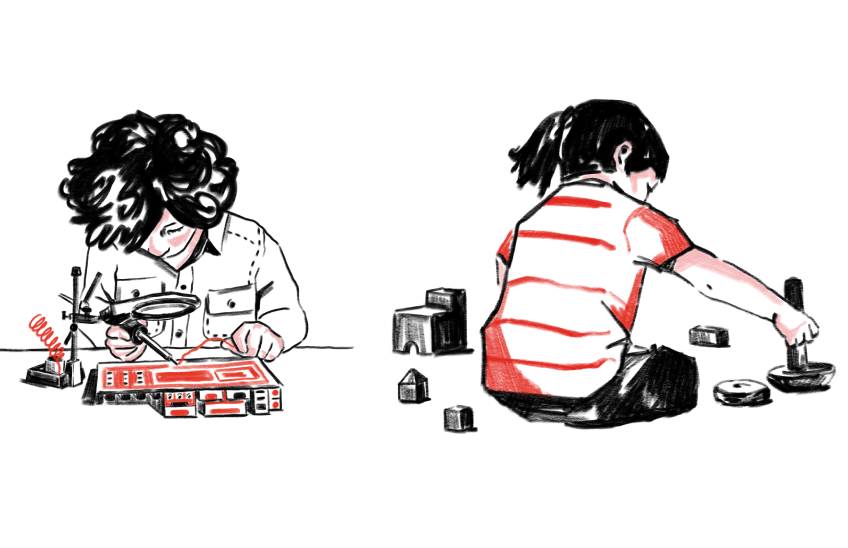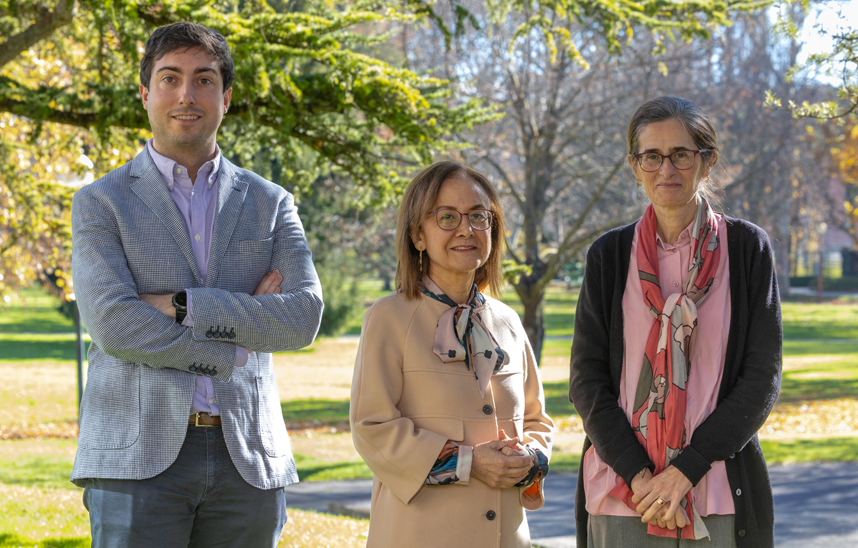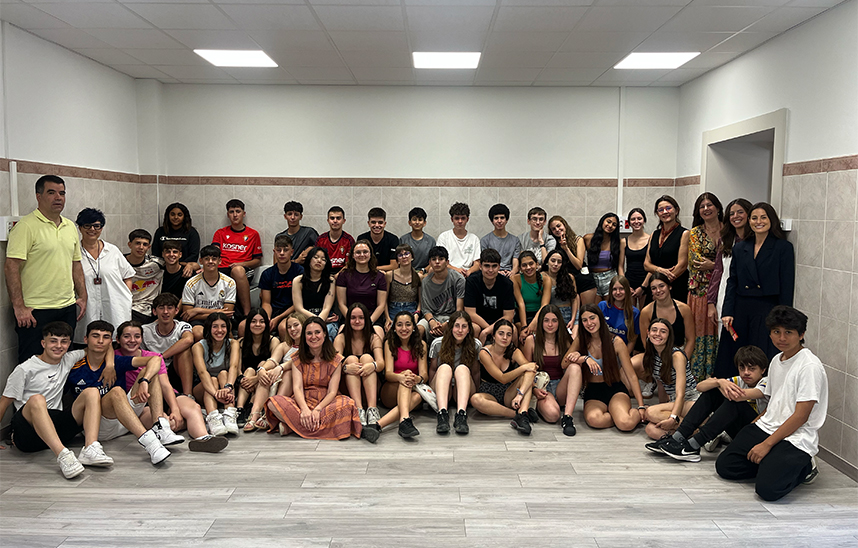93% of gifted students may be unidentified, says a University expert.
In the 2023-24 academic year, there were 58,540 identified students in Spain (1,039 from Navarre), which represents only 0.84% of the population enrolled in non-university education.

Photo courtesy of César Arellano.
24 | 10 | 2025
During the 2023-2024 academic year, there were a total of 58,540 students in Spain identified as having specific educational support needs. educational associated with their high intellectual capacities, according to data of the Ministry of Education Of these, a total of 1,039 students are from Navarre. This figure represents 0.84% of the population enrolled in non-university education.
However, according to César Arellano , director of the Renzulli Center and professor of the Master's Degree in Educational and Psychological Intervention at the University of Navarra, "there would still be 65% of the student body unidentified based on conservative estimates, or around 93% based on more current approaches.”
The variability of the data , explains Arellano, depends on the criteria used to detect this student body . The traditional criterion employee , which maintains that only 2% of the population has educational needs due to their high abilities, is currently a minority at the normative level and does not adapt to the reality of the classroom, the expert emphasizes.
“We know that when implemented correctly, a higher percentage (more than 10%) actually benefits from educational measures traditionally considered exclusively for what was called giftedness. core topic It lies in knowing how to prioritize the real needs of our students above the label used by the system,” says Arellano.
Demonstrating advanced language skills (richness of expression and precision of vocabulary), being idealistic, perceptive, and sensitive to detail; with a rapid learning rate motivated by extreme curiosity and interests more typical of older people, "are some of the qualitative indicators that suggest we might be dealing with a person with high abilities or high intellectual potential," says Arellano.
Early detection by the faculty And, above all, classroom attention that takes these characteristics into account, "is essential for their academic and socio-emotional development ." "If we want, for example, to ensure their curiosity and positive attitude toward learning continue, and for them to be able to persist, especially when faced with tasks that are not appealing to them, we must start by offering them challenging and meaningful learning," he explains.
To make this possible, Arellano advocates for greater flexibility in the educational system that would allow, among other things, for these students to be able to share learning spaces more often, "since, regardless of their age, they have learning needs, socio-emotional concerns, and interests similar to their own." He adds: "The system often proposes the measures with the greatest scientific support as last resort." resource , when all else fails.” “Taking care of this student body requires a lot of creativity and a soft touch. The more rigid (timetables, curriculum , groupings, methodology...) the less is the capacity to effectively serve these students or the diversity of the classroom in general".
Online course of Diploma Expert in High Intellectual Power
“Intellectual exceptionality is one of the specific support needs educational most ignored today and this is a great challenge both for the center educational , as well as for parents and students themselves,” says Arellano.
With the goal to meet the specific needs of this student body , the University of Navarra has launched the Expert Diploma in High Intellectual Potential aimed at professionals in the field of Education , active teachers of all educational stages, counselors of educational centers - regardless of their degree program -, heads of associations or social entities, and other graduates interested in this field.
The course, of modality online, will begin in January 2026 and will feature specialists in the field of high abilities, including César Arellano, who are actively training and supporting professionals from numerous educational centers.



